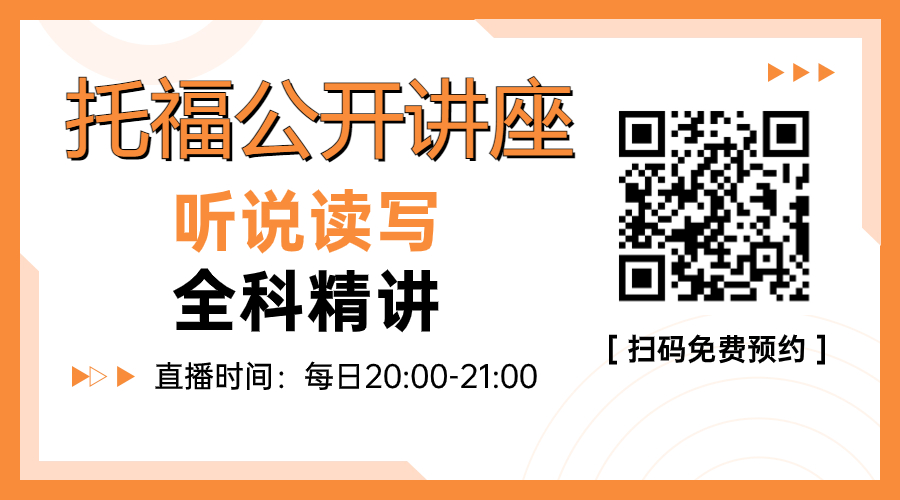2024.11.04 23:31
2024年1月13日的托福考已经成为回忆,新东方在线SAT考试网为大家整理了此次考试的托福写作机经,让我们一起来回顾和分析这次的写作考查内容。
托福写作机经
综合写作
阅读 | 听力 |
主题:Sauropods的巨大体型及其成长促进因素。 | |
1. 侏罗纪和白垩纪的氧气浓度比现在更高,有助于Sauropods的成长。(Oxygen concentration in the Jurassic and Cretaceous periods was believed to be higher, aiding in the growth of Sauropods.) | 1. 侏罗纪和白垩纪的氧气浓度可能没有比现在高,而是在12%-20%之间。Sauropods的体型可能不是因为氧气浓度的提高。(The debate on oxygen concentration challenges the reading's assertion, suggesting that the levels in the Jurassic and Cretaceous periods might not have been higher than the current 21%, but rather within the range of 12%-20%. This disputes the idea that high oxygen levels were a factor in Sauropods' size.) |
2. 当时森林茂密,食物充足,对Sauropods的生长起到了积极作用。(The dense forests during that time provided abundant and easily accessible food resources, promoting the growth of Sauropods.) | 2. 尽管当时食物更多,但由于植物生长迅速导致营养含量较低。强调了即使食物充足,但质量也是影响Sauropods成长的重要因素。(While there was an abundance of food, the rapid growth of plants led to lower nutritional content. This supplements the reading's point on food sources, emphasizing that the quality of food was crucial for the growth of Sauropods, not just the quantity.) |
3. 气候温暖有利于Sauropods专注于生长而无需花费过多能量维持体温。(The warm climate was conducive to Sauropods focusing on growth rather than expending energy on maintaining body temperature.) | 3. 温暖的气候中,大型动物面临散热和降温的挑战,尤其对于Sauropods这样的巨型生物。在温暖条件下,大型动物可能更难以应对过热问题,可能导致它们消失。(The challenges of heat dissipation and cooling for large animals, especially Sauropods, in warm climates are highlighted. This questions the reading's perspective that warm climates were advantageous, suggesting that for large creatures, warm conditions might lead to overheating issues and contribute to their disappearance.) |
学术讨论
Your professor is teaching a class on education. Write a post responding to the professor’s question.
In your response, you should
·express and support your personal opinion
·make a contribution to the discussion in your own words
An effective response will contain at least 100 words. You have ten minutes to write.
Doctor Achebe: Having students work together in small groups on learning activities is a popular alternative to teaching the whole class as one large group. The average age of students in a classroom can, of course, be an important consideration when choosing any teaching approach. I'd like us to consider two age groups: very young students (ages 5-11) and older students (ages 14-18). Which age group do you think would benefit more from working in small groups on learning activities? Why?
Claire: I think young elementary school kids would benefit more from small group activities than high schoolers. Young kids are often more eager to participate and cooperate, whereas teens can be disengaged and distracted during class. Grouping kids when they're young can teach them social skills and get them excited about learning together. High schoolers may prefer independent work where they can focus without distractions from peers.
Andrew: I think older high school students would benefit more from small group work. Teens tend to be more competitive and motivated to stand out, so working in groups can encourage them to challenge each other intellectually. From my experience in group projects for class, we pushed each other to think deeper and produce better work than we could have individually.
范文:
Although the benefits of group learning can vary greatly depending on the individual child and their specific learning style, regardless of age, from my perspective, group learning can be particularly beneficial for teenagers, particularly those aged 14-18, as it assists in the development of their critical thinking skills. Obviously, the primary reason is that when teenagers are required to accomplish group tasks, they are often involved in discussions, debates, and problem-solving activities, which can stimulate their ability to think critically and collaboratively. For instance, my cousin benefited considerably from group learning during his high school years; to be more specific, in a business class, he and his peers were given a real-world business problem to solve, leading to the fact that this activity honed his critical thinking skills as he collaborated with his classmates to propose an effective solution after analyzing various strategies, which significantly bolstered his university application. On the contrary, very young children might not yet have the social, cognitive, or emotional skills to fully benefit from group learning; instead, they often learn best through hands-on activities in a one-on-one setting. Therefore, considering the development of critical thinking skills, I hold the notion that group learning is more beneficial for teenagers than for very young children.
【免费领取托福机经完整版】

【托福备考公开课免费领取】


关注美本助教老师
回复【资料】获取SAT备考全套资料包
